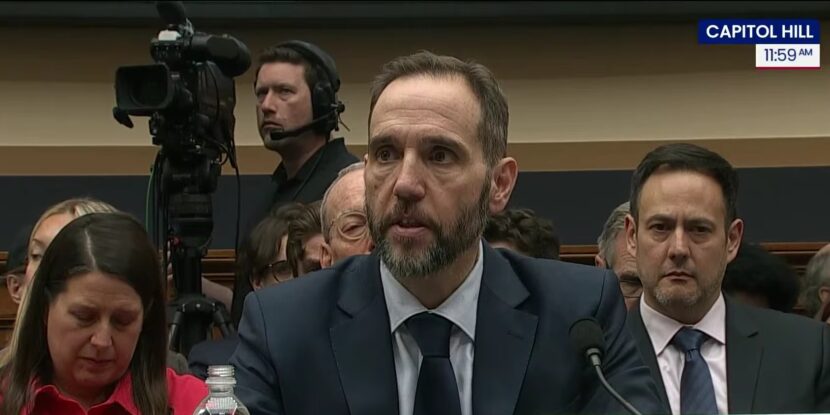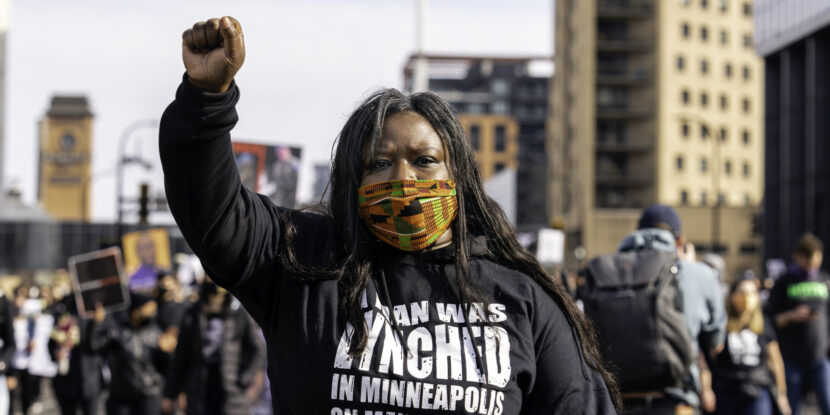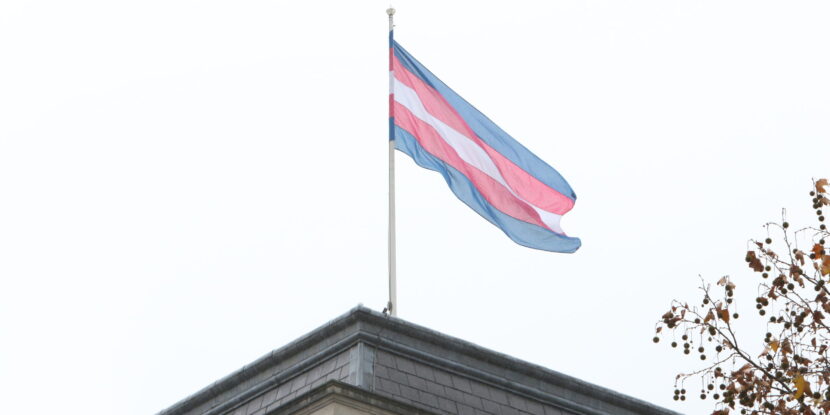The German government has introduced a new security package that includes knife bans and stricter asylum measures after a deadly knife attack at a diversity festival in Solingen.
The incident, which resulted in the deaths of three people, has triggered a new debate over the country’s lax asylum policies.
At a joint press conference, German ministers stated that measures would include banning knives at most public events and on public transport and a total ban on flick knives. The government also intends to expedite the deportation of foreigners ordered to leave Germany and enforce fast deportation for those facing jail terms for knife crimes.
Additionally, the government proposed creating a task force to prevent Islamism and using biometric facial recognition to identify suspects. Interior Minister Nancy Faeser stated that asylum seekers registered in another EU country would lose their rights to welfare benefits in Germany.
The suspect in the Solingen case had his asylum application rejected because he first registered in Bulgaria, as stipulated by the EU’s Dublin Regulation. Attempts to deport him to Bulgaria last year failed after he went underground.
Center-right Christian Democratic Union (CDU) leader Friedrich Merz has called for a suspension of refugees from these regions, but Chancellor Olaf Scholz rejected this idea.
The government detailed its plans three days before elections in Thuringia and Saxony, where the populist Alternative for Germany (AfD) is seeing significant support in the polls. In Thuringia, the AfD is predicted to come first ahead of the conservative CDU, while in Saxony, the two parties are in a tight race.
Despite their polling strength, the AfD is unlikely to gain power and govern as the establishment parties have previously refused to work with them in any regional or national government.




















